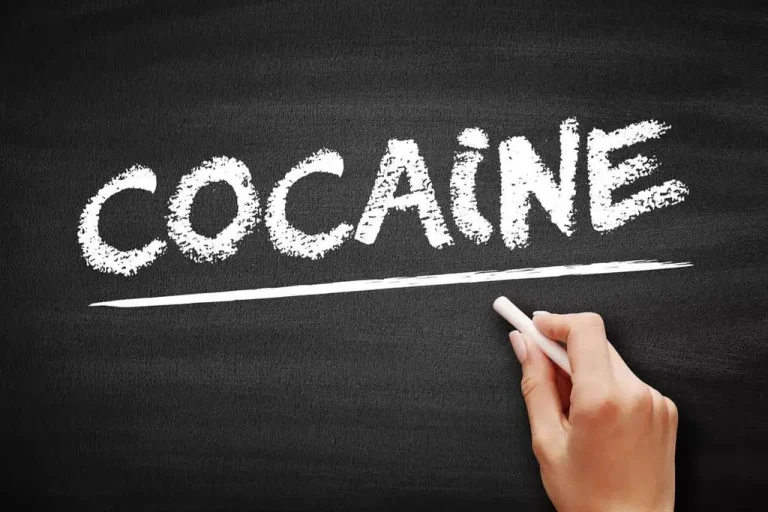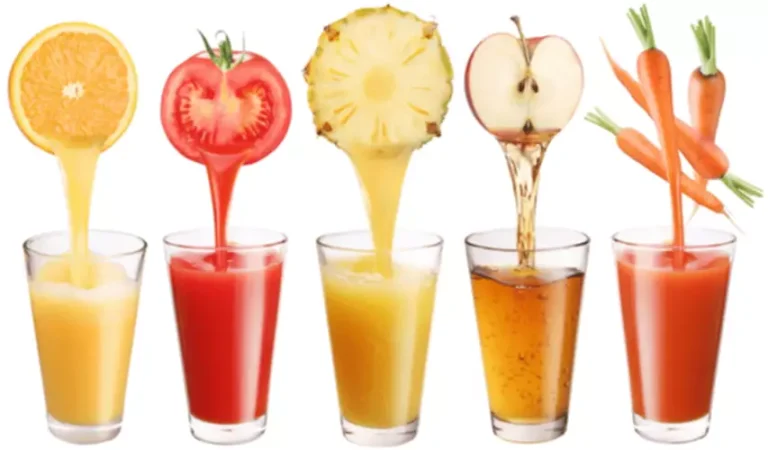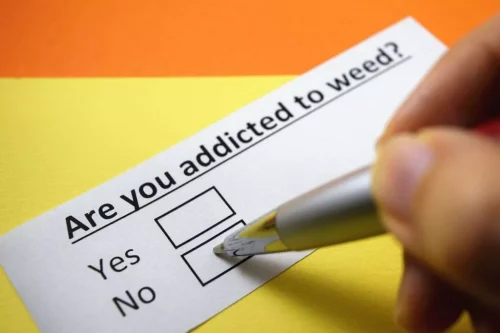Recovery National Institute on Drug Abuse NIDA

Such programs can also be helpful for long-term support and care. If you are just starting on the road to recovery, the admissions counselors at Valley Spring Recovery Center can help guide you through the process from detox to intensive outpatient treatment in New Jersey. Some addicts may reject recovery and continue with drug use for many reasons, the most common of which is denial. If an addict does not accept the full scope and severity of their disease and agree to proceed forward with a treatment plan, recovery usually does not occur.
Detox Is Not Stand-Alone Treatment
It is a path that millions of individuals worldwide embark upon, seeking to reclaim their lives from the clutches of substance abuse. This journey is marked by distinctive symptoms and indicators that signify progress and healing. Recovery starts with a premise of hope…hope for healing, hope for a better future.

What are Some Common Challenges People Face During the Recovery Process?
- Because your recovery affects your entire life, it needs to be holistic, encompassing other aspects of your life, such as housing needs, employment, education, social networks, and family and community interaction.
- However, it’s important to note that even after reaching this important recovery milestone, ongoing care and support remain crucial.
- Whether you’re grappling with substance abuse, gambling addiction, or even the four C’s of addiction, the stages of change apply.
- After one month of abstinence, the brain still appears altered, particularly in the dopamine transporter levels (DAT) in the reward region.
Yoga and meditation are also excellent ways to bust stress and find balance. The NIH HEAL Initiative recognizes the complexity of recovery and the need to zero in on especially vulnerable populations. Adolescents and young adults between the ages of 15 and 25 are one such group, with the lowest rates of engagement for medication for their opioid use problems.
Can your brain heal from addiction?
- Spending time with people who understand exactly what you’re going through can be very healing.
- Research and clinical experience have identified a number of factors that promote recovery.
- There are no lab tests that define recovery and no universally agreed-on definition of recovery.
- Additionally, medications are used to help people detoxify from drugs, although detoxification is not the same as treatment and is not sufficient to help a person recover.
In 2021, researchers estimated nearly 30 million people ages 12 years and older in the United States had alcohol use disorder (AUD). The purpose of the 12 traditions is to help provide guidelines about the relationships between the group and the community and between individual members of the group. Bear in mind that setting boundaries such as “I can no longer give you money if you continue to use drugs,” is not the same as threatening a person with punishment. Lofexidine was the first medication approved by the Food and Drug Administration (FDA) to treat opioid withdrawals.
Moreover, integrating various modalities into addiction recovery recognizes that there is no one-size-fits-all solution. Each person’s journey is shaped by a myriad of factors, including physiological, psychological, and social elements. Therapeutic modalities such as cognitive-behavioral therapy (CBT), motivational interviewing, and mindfulness-based interventions offer diverse tools to address the multifaceted successful drug addicts aspects of addiction. Challenges at this stage of treatment include cravings, social pressure to drink, and high-risk situations that can trigger alcohol consumption. It is during this early abstinence stage that your trained addiction counselor will begin to teach you the coping skills that you need to lead a sober lifestyle. The tools that you learn to use now will help you throughout your recovery.
The first step to overcoming drug abuse and addiction
Like treatment for other chronic diseases such as heart disease or asthma, addiction treatment is not a cure, but a way of managing the condition. Treatment enables people to counteract addiction’s disruptive effects on their brain and behavior and regain control of their lives. Research has identified relapse patterns in adolescents and adults recovering from addiction. In one study, two-thirds of the adults relapsed in social situations in which they experienced urges and temptations to drink or use. One third experienced relapses when they were experiencing negative emotions and urges to drink/use. By contrast, most adolescents relapsed in social settings when they were trying to enhance a positive emotional state.

Developing resilience involves cultivating a positive mindset, practicing self-compassion, learning from past mistakes, and embracing a growth-oriented perspective. Resilience helps you navigate challenges and setbacks without turning to drugs. Building a support network of people who understand and support your recovery can be invaluable. This network may include friends, family members, support groups, sponsors, or mentors who provide encouragement, guidance, and accountability. The Preparation Stage is critical for embedding the commitment to recovery within a structured framework of actionable plans and supportive relationships.

Recovery signals a dramatic shift in the expectation for positive outcomes for individuals who experience mental and substance use conditions or the co-occurring of the two. Alcoholics Anonymous or AA is the original recovery program that brought the world the 12 steps of recovery. For people with addictions to drugs like stimulants or cannabis, no medications are currently available to assist in treatment, so treatment consists of behavioral therapies. Treatment should be tailored to address each patient’s drug use patterns and drug-related medical, mental, and social problems.
- Outpatient programs also tend to be less expensive than inpatient ones.
- The more you can stay healthy and feel good, the easier it will be to stay sober.
- For people with addictions to drugs like stimulants or cannabis, no medications are currently available to assist in treatment, so treatment consists of behavioral therapies.
- It’s important to be involved in things that you enjoy, that make you feel needed, and add meaning to your life.
- This support can help people stay off drugs or alcohol and make other positive changes in their lives, according to the National Institute on Drug Abuse.
- Also, talking about craving often helps to discharge and relieve the feeling and will help restore honesty in your relationship.

